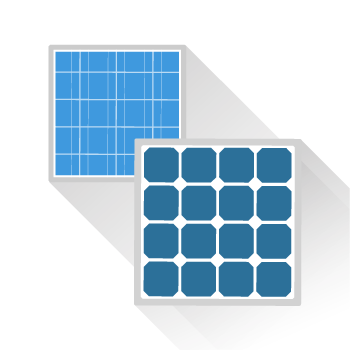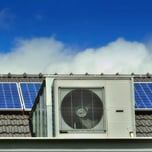- GreenMatch
- Blog
- UK Government Launches 1 Billion Scheme to Insulate More Homes
New ECO+ Scheme Will Save £310 in Yearly Energy Bills for UK Homes

The UK government announced a change to the ECO+ scheme which is now extended to those households that were previously not covered by any scheme. Out of the £1 billion additional funding available to the ECO+ scheme, 80% will be used to help a wider range of households that have an EPC rating of D or below.
The government says that this new scheme will save £310 a year on energy bills by helping hundreds of thousands of households receive insulation.
The new ECO+ scheme will undoubtedly save British consumers money and help establish a more robust supply chain and the human capital needed to improve the energy efficiency of every home in the UK.
In general, well-educated people with access to capital already know and have retrofitted their homes with energy efficiency measures like insulation because they know it provides a good return on investment.
This new plan will help both educated the public but also provide funds to do basic retrofits for those that do not have capital. To really make the UK public energy secure they need to take the next several steps beyond energy efficiency. For example, they should consider running the same program for heat pumps to electrify heating and completely eliminate the need for natural gas. Repeat again for electric vehicles to electrify transportation and eliminate the need for oil. Then, last but not least, encourage widespread solar photovoltaic system deployment to provide the electricity.

Joshua M. Pearce is the John M. Thompson Chair in Information Technology and Innovation. He holds appointments at Ivey Business Schooland the Department of Electrical & Computer Engineering at Western University. He runs the Free Appropriate Sustainability Technology research group.
In addition to helping low energy rated homes with better insulation, the government is investing £18 million to support and educate people on ways to make their homes more energy efficient and thereby reduce energy bills during these times of energy crisis. The energy saving advice is meant to help households save hundreds of pounds on their yearly energy bills by making some small changes, and becoming more aware of home appliances that consume the most energy.
Is the UK Moving Towards a Renewable Future?
The rise of energy prices has shifted the mindset of many people who are looking for energy efficient ways and renewable technologies like solar panels for homes as a source of electricity. The UK currently relies on gas for close to 40% of electricity generation, and the government is slowly encouraging and investing in renewable energy. According to a study by Vattenfall, 61% of UK consumers believe renewable energy is the most effective solution for guaranteeing UK energy security.
There are many households in the UK that need good insulation before installing or retrofitting their homes with low carbon heating measures like heat pumps, and this scheme will be a great step towards better insulated homes. According to the government, this scheme is set to launch in spring 2023.

Valli has been writing well researched articles about renewable energy, sustainability and green technologies for GreenMatch since 2017. Her work has been published in various media such as Entrepreneur, Business Insider, Canadian Geographic, uSwitch, and eCycle.
 We strive to connect our customers with the right product and supplier. Would you like to be part of GreenMatch?
We strive to connect our customers with the right product and supplier. Would you like to be part of GreenMatch? 






